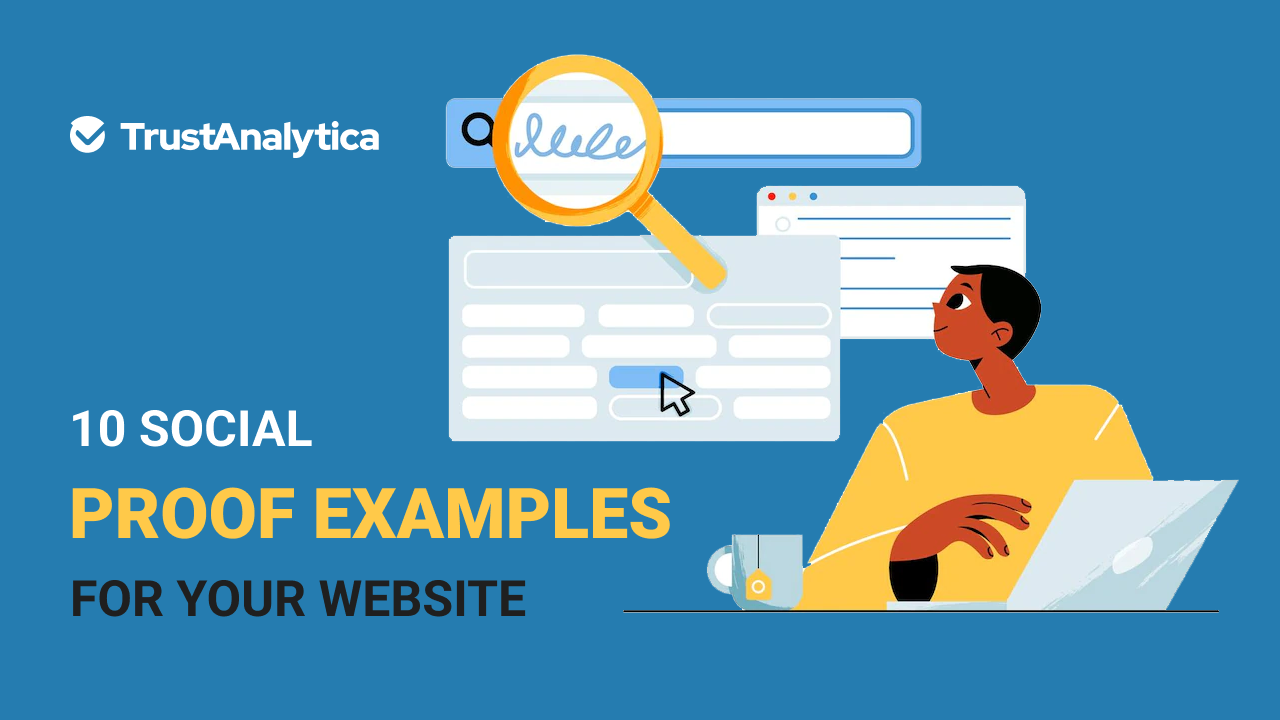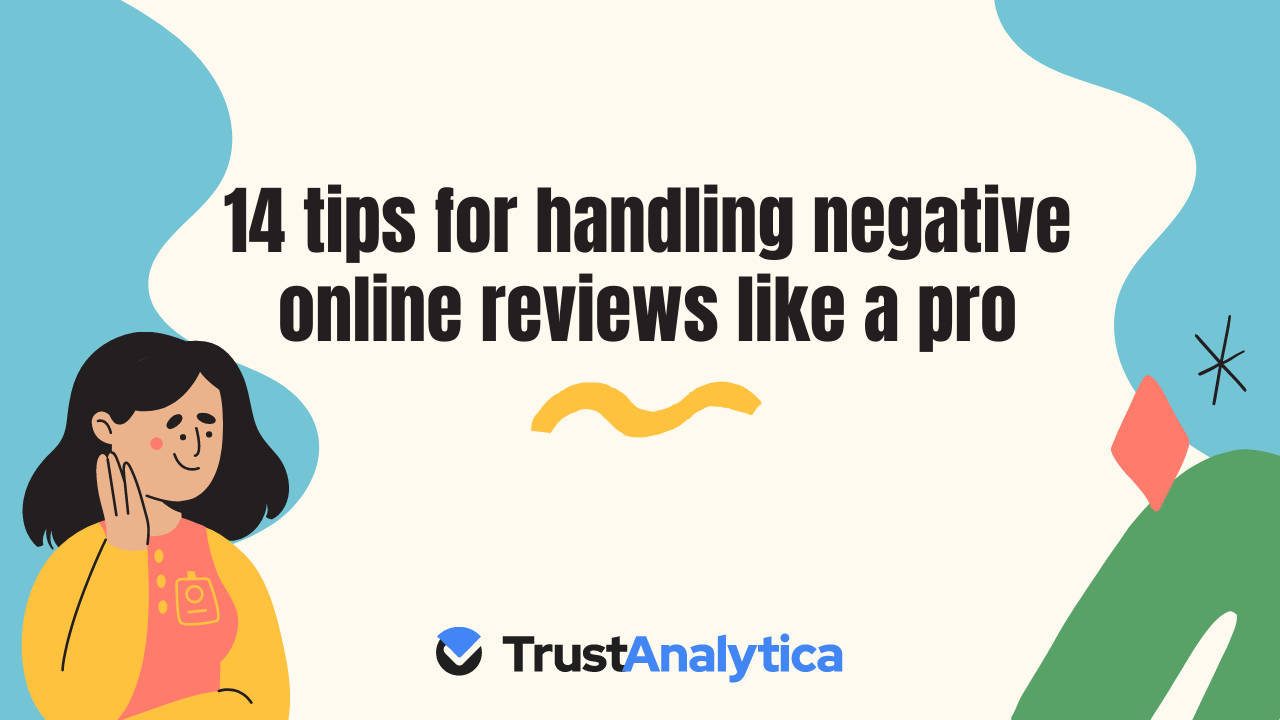There was a time when setting up and cashing in on an online brand was extremely easy. All you had to do was set up a site, stuffed it with all the keywords you could find, set up social media accounts, and start to connect with prospects across the internet. Today, the picture is very […]

There was a time when setting up and cashing in on an online brand was extremely easy. All you had to do was set up a site, stuffed it with all the keywords you could find, set up social media accounts, and start to connect with prospects across the internet.
Today, the picture is very much different. These days, brands need to carve out a niche for themselves based on their market and the interests of potential customers. Again, the mind of a perfect customer is hard to crack. Some tactics work sometimes, while they fall flat the next time. Still, the social proof and customer reviews are going strong, especially in the Gen Z scenario, where the fight is between us vs. them!
In this blog, we will help brands cover the social proof on their websites through 10 different examples.
Social proof is the testament of approval for a brand, a product, or a service, in terms of quality, integrity, and sanctity. The term has been making rounds on the internet but many brands and even professionals have failed to understand the concept. It is the manifestation of digital word of mouth where people are applauding and praising a brand.
As we all know, this is what a business wants, that is wading through troubled waters of negative reviews, bad PR, and other controversies. Social proof comes in all forms, shapes, and sizes. Some forms are more direct and autonomous, compared to others which are more organic and simmering.
Both are good for a brand as these can be leveraged to gain different marketing goals.
There is no denying that social proof is extremely important to win over new clients and customers. Many first-timers go through customer reviews and testimonials before handing in their hard-earned money. This is true for a majority of prospects, around 95%, according to a recent survey.
So, social proof drives this conversion and sales cycle because around half of the modern prospects have at least read four reviews. Online comments and testimonials are at the center of modern considerations because the line between personal recommendations and testimonials from strangers is waning.

Social proof comes from different routes. The most common comes from the social media platform whereas community-based forums such as Yelp, Trustpilot, and so on, also contribute to its leverage and scope.
Now that we have gone through the definition and influence of social proof over the decision-making process of modern consumers, it is time to take a look at the best types of social proof, especially the way it is presented on websites. This will help brands gain traction and support from both customers and potential clients in the future.
Customer testimonials and reviews play a central role in cementing and propagating social proof. It is one of the most basic and effective forms of client feedback as it allows newcomers to know better about the brand. Many marketers believe that a 50-word passage of customer review is much more effective than a 50-word sales copy from the brand.
These reviews and testimonials are reflected in the form of stars and ratings on both search results and other Google-related platforms.
Research has shown that over 70% of new customers do not move forward with their purchase until they go through the reviews.
Social media is the absolute elephant in the room that no one can ignore. Today, there are more than 5 billion active users on a handful of social media sites. This is great for swiping and browsing for common people, but brands see an opportunity. Again, much of the conversation on social media is about eating, clothing, and traveling, so the inevitability of brand mentions is extremely high.
Brands can leverage this good word by using real cuttings from the social media posts of their users and then sharing them on other handles.
As mentioned in the earlier section, people consider personal recommendations equal to online reviews. Now, imagine a direct referral from a customer for a new client. This is a testament that the first user was extremely satisfied with the product, service, or brand itself.
People trust other people compared to a company. Direct referral cements this perception and even allows new users to become permanent partners, and the cycle continues.
Affiliate programs are campaigns that well-known personalities run in collaboration with brands. In this, these personalities are assigned special links, and purchases made through these links will earn them a percentage of the commission. This is another form of social proof where a person can take advantage of his position for a win-win situation for all.
Brands can easily start and integrate a promoted affiliate program using a dedicated tool.
There is nothing mysterious about approval from experts. It is the type of social proof that comes with authority. For instance, if a mechanic recommends a motor oil, prospects will understand that the quality of the product is justified and it is a perfect purchase for them. The same goes for all other online products.
The approval from experts comes in different forms, from a blog post to even a single tweet!
Who does not love celebrities? Celebrity accounts are one of the most followed ones in the social media sphere. The major topics that celebrities go through during their social media and other online activities include brands. When brands get mentions from celebrities, they can use it as a tool to let others know that they provide quality and integrity.
Instead of simply using their feedback, brands should show gratitude and try to further deepen the relationship.
Influencer marketing is one of the most important and lucrative forms of marketing. Influencers are people in the online world that put out content watched by millions of people. Both directly and indirectly, they drive the opinions and purchasing decisions of millions of viewers.
Brands can collaborate with the influencers that are more aligned with the industry and take advantage of the already established viewership.
Will of the people may sound like a political slogan but it is a common term for social trends and isolation. Since people like to follow others, especially more famous and successful and create a trend out of a wave. They are afraid to be left behind (Fear of Missing Out FOMO).
So, if enough people are using your products and sharing their experiences on the internet, you can take advantage of that and flaunt that as social proof.
Being a celebrity and influencer can be a hurdle because people would assume that the opinion about a product or a service is not real but a paid marketing message. This is where the idea of “us vs. them” comes to the fore. Brands can take advantage of that and share reviews and testimonials from the average product or service users.
This will create a bridge, instead of a barrier, between a brand and the customers.
Working on the same principles of celebrities and influencers, brands can share the clients that are using their products. This is another authentication that the brand is indeed reliable. The bandwagon effect is too strong here to get away from.
This fact can be observed mostly in the B2B world where brands are deeply connected with other brands and persons.
Social proof is an effective form of collecting and showcasing feedback from users of a brand’s products and services. In the last decade, the importance of social proof has risen by many folds. With the rise of scams and other malicious agents on the internet, people want to know who they are getting into, in terms of buying products or services.
Social proof comes from customer reviews and testimonials, in varying forms, that brands need to integrate and incorporate. TrustAnalytica can help businesses with collecting, processing, and leveraging clients’ feedback.
Here are some great examples of social proof:
The 5 types of social proof are as follows:
In terms of scope and reach, the best form of social proof for online brands is customer reviews and testimonials. They are primitive and basic but they can win hearts and minds when need to. That’s why they are the first type of social proof that is integrated and consolidated by brands on their websites and social media platforms.
Customer reviews and testimonials top the charts in this category too. Since people are already willing to spend the money to buy a product, they need a little push from peers that can come in the form of celebrity endorsement, influencer affiliation, and so on.
In modern times, social proof has gained a lot of traction as it allows prospects to trust and rely on a brand. Social proof is the validation from other users that the brand is indeed reliable and trustworthy. When seen by enough people, this effect snowballs and result in conversions and sales.
 14 Proven Working Tips to Handle Negative Reviews & Feedback
14 Proven Working Tips to Handle Negative Reviews & Feedback 
